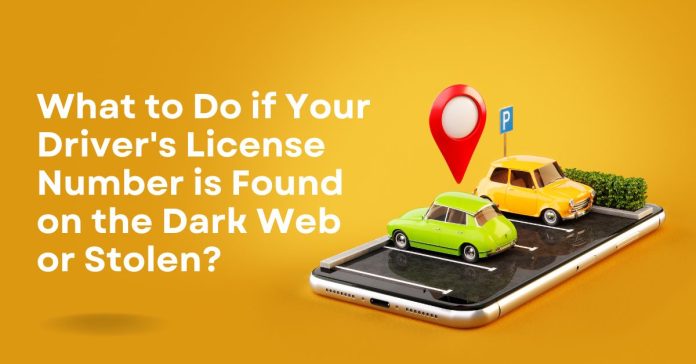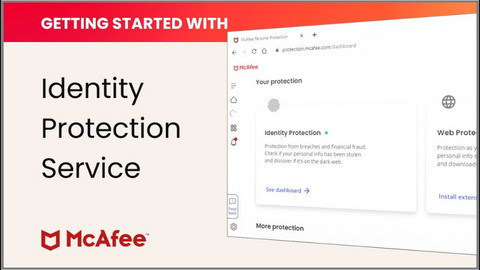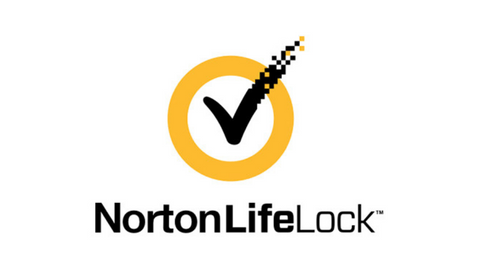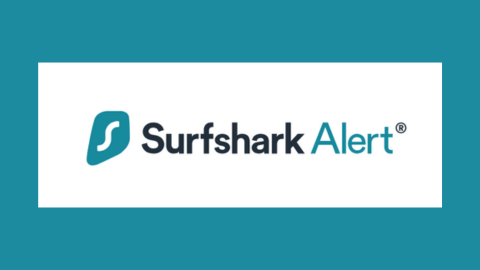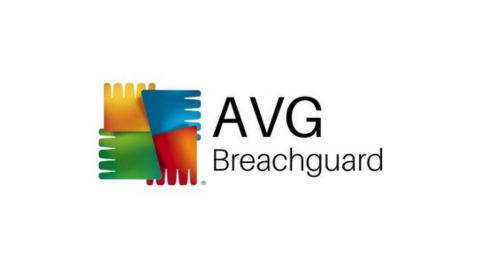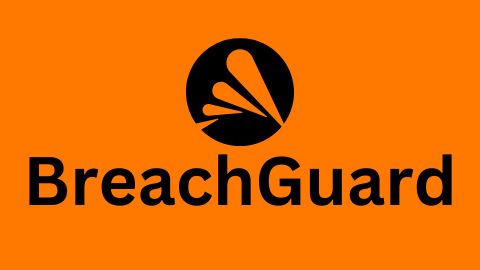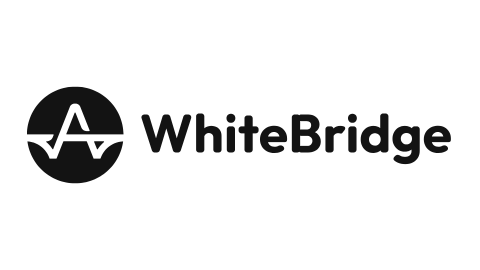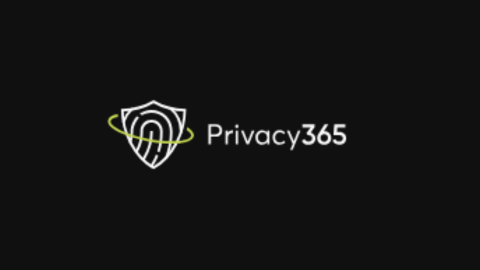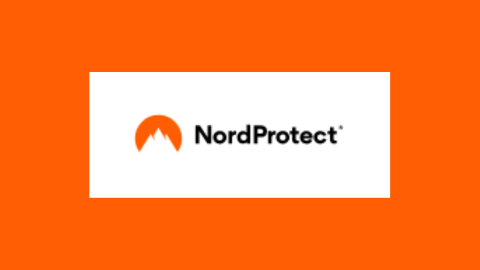In this post, I will show you what to do if your driver’s license number is found on the dark web or stolen.
In today’s digital age, identity theft has become an increasingly common and concerning issue. One particularly alarming scenario is discovering that your driver’s license number has been compromised – either found on the dark web or stolen.
Your driver’s license contains sensitive personal information that, in the wrong hands, can be used for various fraudulent activities.
This comprehensive guide will walk you through the steps you should take if you find yourself in this situation and provide preventive measures to protect your identity in the future.
Table of Contents
Understanding the Risks
Before diving into the action steps, it’s crucial to understand the potential risks associated with a compromised driver’s license number:
- Identity Theft: Criminals can use your driver’s license number to create fake IDs or open accounts in your name.
- Financial Fraud: Your information might be used to apply for credit cards, loans, or other financial products.
- Criminal Activities: Someone could use your identity when committing crimes, potentially leading to legal troubles.
- Medical Identity Theft: Your information could be used to receive medical treatment or prescription drugs under your name.
- Employment Fraud: Unauthorized individuals might use your identity to gain employment, potentially affecting your tax records and Social Security benefits.
Best Identity Protection Deals
Steps to Take if Your Driver’s License Number is Compromised
Take these steps if you don’t know what to do if your driver’s license number is found on the dark web or stolen:
1. Confirm the Breach
First and foremost, verify that your driver’s license number has been compromised. This might involve:
- Checking official notifications from government agencies or companies that have experienced data breaches.
- Use reputable identity monitoring services that scan the dark web for personal information.
- Review your credit reports for any suspicious activities.
2. Contact Your State’s DMV
Once you’ve confirmed the breach, contact your state’s Department of Motor Vehicles (DMV) immediately. Inform them about the situation and ask about their procedures for handling compromised driver’s licenses. Some states may:
- Issue you a new driver’s license number
- Place a fraud alert on your driver’s license record
- Provide additional security measures to protect your information
Be prepared to provide documentation to prove your identity and that your information has been compromised.
3. File a Police Report
File an official police report with your local law enforcement agency. This creates an official record of the incident, which can be crucial for:
- Disputing fraudulent charges or accounts opened in your name
- Providing proof to creditors and other organizations that you’re a victim of identity theft
- Potentially assisting in any investigations related to the data breach or theft
Make sure to get a copy of the police report for your records.
4. Place a Fraud Alert on Your Credit Reports
Contact one of the three major credit bureaus (Equifax, Experian, or TransUnion) to place a fraud alert on your credit report. This alert notifies potential creditors that they should take extra steps to verify your identity before granting credit in your name. When you place an alert with one bureau, they are required to notify the other two.
A fraud alert typically lasts for one year but can be renewed. For victims of identity theft, an extended fraud alert that lasts for seven years is available.
5. Consider a Credit Freeze
You might want to place a credit freeze on your credit reports for additional protection. A credit freeze prevents new accounts from being opened in your name. To do this:
- Contact each of the three major credit bureaus individually
- Be prepared to provide personal information to verify your identity
- Keep the PINs or passwords provided by each bureau in a safe place, as you’ll need these to lift the freeze when you want to apply for credit.
Remember that you’ll need to temporarily lift the freeze if you want to apply for credit, rent an apartment, or do anything else that requires a credit check.
6. Monitor Your Credit Reports and Financial Statements
Regularly review your credit reports and financial statements for any suspicious activities. You’re entitled to one free credit report from each of the three major credit bureaus annually through AnnualCreditReport.com.
To maintain ongoing monitoring, consider spreading these out over the year (one every four months).
Pay close attention to:
- New accounts you didn’t open
- Hard inquiries you didn’t authorize
- Addresses you don’t recognize
- Any other suspicious activity
7. Set Up Identity Theft Monitoring
Consider enrolling in an identity theft monitoring service. These services can:
- Monitor the dark web for your personal information
- Alert you to potential fraudulent use of your identity
- Provide identity theft insurance
- Offer assistance in resolving identity theft issues
While these services often come with a fee, they can provide peace of mind and early detection of further identity theft attempts.
8. Update Your Passwords and Security Questions
Even if your driver’s license number is the only piece of information that’s been compromised, it’s a good idea to update passwords and security questions for your important accounts, especially those related to:
- Financial institutions
- Email accounts
- Social media profiles
- Online shopping accounts
Use strong, unique passwords for each account, and consider using a password manager to keep track of them securely.
9. Be Cautious of Phishing Attempts
Criminals who have your driver’s license number might attempt to gather more information through phishing. Be extra vigilant about:
- Unsolicited emails, phone calls, or text messages asking for personal information
- Messages claiming to be from your bank, credit card company, or government agencies
- Requests to click on links or download attachments from unknown sources
Always verify the authenticity of such communications by contacting the organization directly through their official channels.
10. Notify Relevant Organizations
Inform any organizations that might use your driver’s license number as a form of identification. This could include:
- Your employer
- Insurance companies
- Healthcare providers
- Financial institutions
- Educational institutions
Explain the situation and ask about additional security measures they can implement to protect your account.
11. Consider Obtaining an Identity Theft Passport
Some states offer an identity theft passport, a card or document verifying you’ve been a victim of identity theft.
This can be useful when dealing with creditors or law enforcement. Check with your state’s Attorney General’s office to see if this option is available and how to obtain one.
12. Stay Informed About Data Breaches
Keep yourself informed about recent data breaches that might affect you. Resources like the Identity Theft Resource Center (idtheftcenter.org) provide up-to-date information on data breaches and can help you understand if your information might have been compromised in a larger breach.
13. Educate Yourself on Identity Theft Prevention
Take this opportunity to learn more about identity theft prevention. Understanding common tactics identity thieves use can help you protect yourself in the future.
Look for reputable resources from government agencies, non-profit organizations, and cybersecurity experts.
14. Be Prepared for Long-Term Vigilance
Unfortunately, once your personal information has been compromised, you may need to be extra vigilant for years to come. Identity thieves may hold onto stolen information and use it long after the theft. Make monitoring your credit and financial accounts a regular habit.
15. Consider Legal Assistance
If you become a victim of extensive identity theft as a result of your compromised driver’s license number, you might want to consult with an attorney who specializes in identity theft cases.
They can guide your rights and assist in navigating complex cases of fraud or mistaken criminal charges.
Preventive Measures for the Future
While dealing with a compromised driver’s license number can be stressful, there are steps you can take to minimize the risk of future incidents:
1. Safeguard Your Physical License
- Keep your driver’s license in a secure location when not in use
- Report a lost or stolen license immediately to your state DMV
- Be cautious about who you show your license to and why
2. Be Careful with Your License Number
- Don’t provide your driver’s license number unless absolutely necessary
- When required to write it down, ensure the document is securely stored or destroyed
3. Regularly Monitor Your Credit
- Take advantage of free annual credit reports
- Consider using a credit monitoring service
4. Use Strong Online Security Practices
- Use complex, unique passwords for all accounts
- Enable two-factor authentication whenever possible
- Be cautious about sharing personal information online
5. Be Wary of Phishing Attempts
- Don’t click on suspicious links or download attachments from unknown sources
- Verify the authenticity of requests for personal information
6. Secure Your Mail
- Use a locked mailbox or P.O. box
- Promptly remove mail from your mailbox
- Put a hold on your mail when traveling
7. Protect Your Devices
- Use up-to-date antivirus software
- Keep your operating systems and applications updated
- Be cautious when using public Wi-Fi networks
8. Shred Sensitive Documents
- Invest in a quality shredder
- Destroy documents containing personal information before discarding them
9. Stay Informed
- Keep up with news about data breaches and identity theft tactics
- Regularly review your rights under identity theft protection laws
Conclusion
Now, you should know what to do if your driver’s license number is found on the dark web or stolen.
Discovering that your driver’s license number has been compromised can be alarming, but taking swift and thorough action can help mitigate the potential damage. Following the steps outlined in this guide, you can protect yourself from further harm and reduce the risk of identity theft.
Remember, dealing with identity theft or a data breach is often a marathon, not a sprint. Stay vigilant, keep detailed records of all your actions and communications related to the incident, and don’t hesitate to seek professional help if needed.
Your personal information is valuable, and protecting it should be a top priority. By staying informed, taking preventive measures, and knowing how to respond in case of a breach, you can significantly reduce your risk of becoming a victim of identity theft.
INTERESTING POSTS
- Identity Protection Guide: Safeguarding Your Personal Data
- Using Artificial Intelligence To Keep Your Financial Data Safe [Infographics]
- Why Is Identity Theft Protection Crucial in Today’s Digital World?
- Identity Protection Explained in Fewer than 140 Characters
- What is Identity Theft Insurance?
- What to Do if Your Name is Found on the Dark Web?
- What to Do If Your Password Is Found on the Dark Web?
- What to Do if Your Social Security Number is Found on the Dark Web?
About the Author:
Gina Lynch is a VPN expert and online privacy advocate who stands for the right to online freedom. She is highly knowledgeable in the field of cybersecurity, with years of experience in researching and writing about the topic. Gina is a strong advocate of digital privacy and strives to educate the public on the importance of keeping their data secure and private. She has become a trusted expert in the field and continues to share her knowledge and advice to help others protect their online identities.


